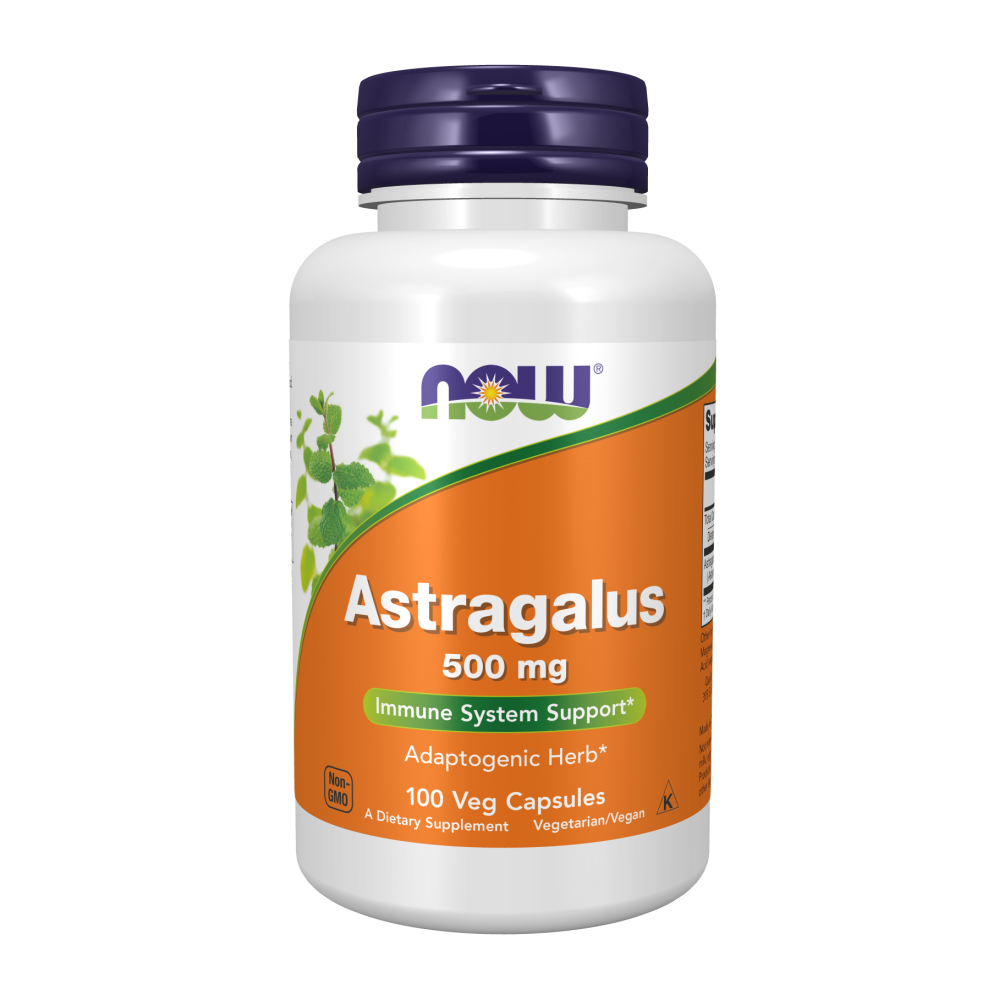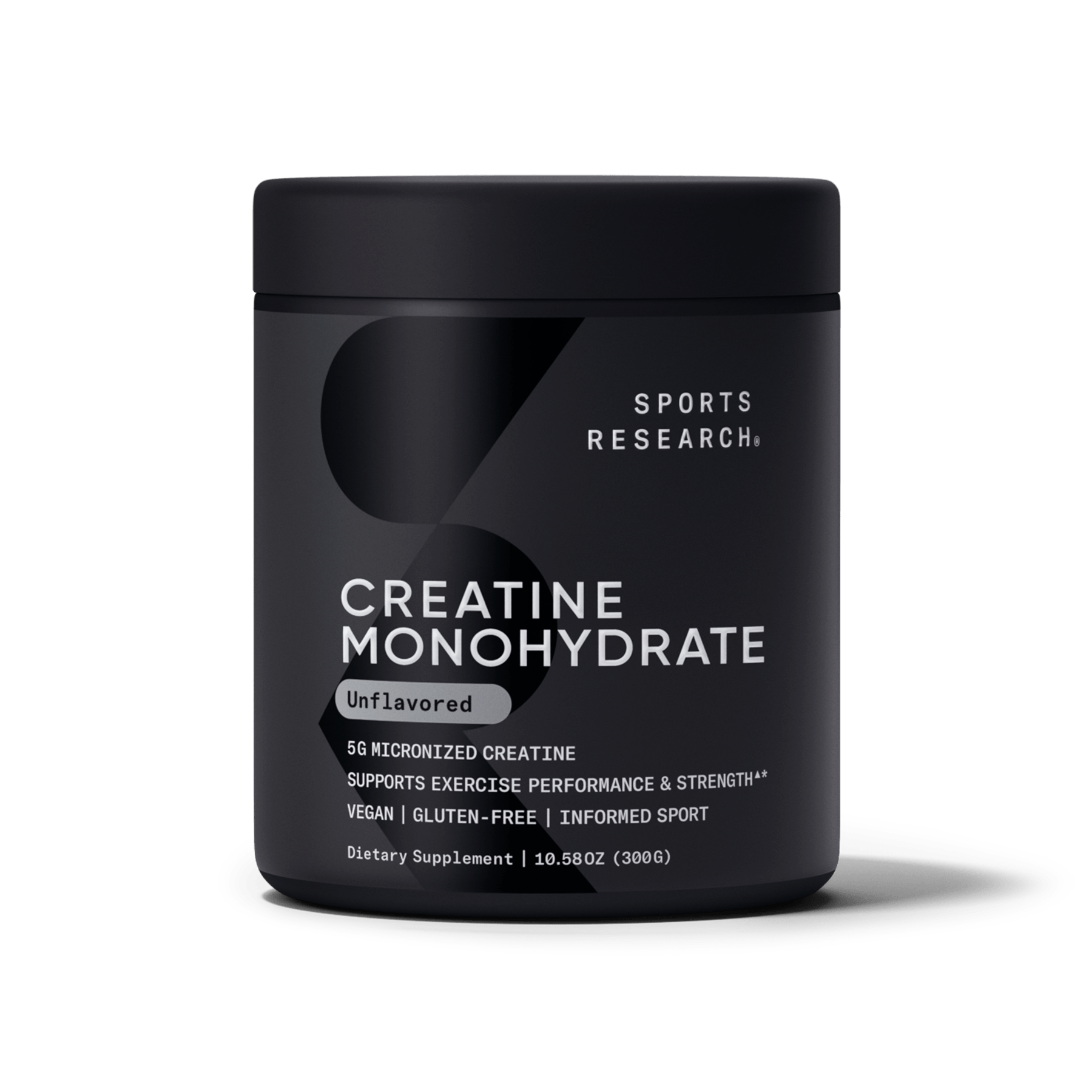
Wouldn’t it be amazing if you could become a better version of yourself simply by adding a supplement or two to your daily routine? This may sound too good to be true, but boosting performance is all about giving your body the support and fuel it needs.
Taking a quality magnesium glycinate supplement is one way to boost your mental and physical health, improve your mood, and keep you at optimal performance levels.
It is thought that only about a quarter of Americans actually get the recommended dosage of magnesium in their diet. A lack of magnesium may disrupt various systems in the body, including hormones, muscles, heart, and brain health. [1]
In this article, we’ll examine why magnesium is so essential for optimizing your physical health, brain function, and athletic performance. We’ll consider why it’s so challenging to consume enough magnesium from foods alone, how to spot a deficiency, and explain the different types of magnesium supplements that are available so you can consider if one of them is right for you. Finally, we’ll discuss how much magnesium you need every day and potential side effects to watch out for.
Could you have a magnesium deficiency? If you’re wondering if magnesium could make a great addition to your own daily supplement routine, read on.
Related: Magnesium - Which type Should You Supplement for Maximum Benefits? (2019 Update)
WHY IS MAGNESIUM GLYCINATE GREAT FOR YOU?
Magnesium is an essential nutrient as it is a key chemical ingredient for over 350 bodily processes and reactions.
Your body can’t produce magnesium by itself, so you need to consume enough of this essential mineral through diet and supplementation to enable it to function effectively.
Magnesium is known as a macro-mineral as the body needs a large amount for optimal performance.

HEALTH BENEFITS OF MAGNESIUM
Taking a magnesium supplement may help to reduce the risk or severity of a wide range of health concerns, including:
- Mental Health - Low levels of magnesium are associated with low levels of the feel-good chemical, serotonin [2]
- Poor bone and muscle health - Increasing magnesium intake may increase bone mineral density [3]
- Brain fog, fatigue, and sleep problems - Magnesium is one of the few nutrients that can cross the blood-brain barrier and benefit brain function [4]
- PMS - Studies have suggested that supplementing with magnesium glycinate may help reduce PMS symptoms [5]
BENEFITS OF MAGNESIUM FOR YOUR DIET
The key dietary benefits of magnesium are its effects on blood sugar and insulin resistance. Insulin plays an essential role in the proper breakdown and use of nutrients in food and regulates your metabolism. [6]
BENEFITS OF MAGNESIUM FOR YOUR BRAIN
Magnesium doesn’t only affect the body, however. As magnesium passes across the blood-brain barrier, it has profound effects on mental health and cognitive performance. Supplements like magnesium glycinate and L-threonate can boost your mental performance, keep your brain healthy, and promote day-to-day mood improvements. Increasing the amount of magnesium in the bloodstream is also a great way to improve recovery time and sleep quality. [7]
MAGNESIUM AND ATHLETIC PERFORMANCE
As magnesium is also shown to improve aerobic performance and endurance, it may boost your ability to gain muscle, lose fat, and transform your physique through exercise. [8]
All of these together are quite an astounding combination of effects: With a simple supplement, you have the potential to feel well-rested, improve your recovery between training sessions, and experience improved mental performance to achieve your goals.
Related: Post Workout Magnesium Supplementation For Athletes

COULD YOU HAVE A MAGNESIUM DEFICIENCY?
According to the National Institute for Health, most people in the US today do not consume enough magnesium. The recommended daily intake of magnesium for men is 400 mg and 320 mg a day for women, but most men only consume about 320 mg and most women only consume about 230 mg daily. [9]
Magnesium deficiency is likely the second most common form of nutrient deficiency in the developed world, following only Vitamin D deficiency.
This is probably due to a number of factors.
Magnesium can be difficult to absorb - Some forms of magnesium such as magnesium oxide and chloride have low bioavailability, which means the body finds it difficult to absorb and use the mineral efficiently. Absorption can also be adversely affected by high alkaline levels in the intestines and some health conditions.
Magnesium is often excreted too quickly - If the process of homeostasis that takes place in the kidneys is disrupted by factors such as too much alcohol, excessive perspiration, or some health conditions, magnesium may exit one’s system before its beneficial qualities sink in. Some medications may also negatively impact absorption.
Modern diets are typically low in magnesium-rich foods - Such as leafy greens, nuts, seeds, and legumes.
Related: Problems & Solutions for Magnesium Deficiency
WHAT IMPACT DOES MAGNESIUM DEFICIENCY HAVE ON YOUR HEALTH?
The potential negative health impacts of a deficiency in magnesium are wide-ranging.
INSULIN RESISTANCE
Insulin resistance can start a spiral of worsening symptoms which includes weight gain. The connection between insulin resistance and weight gain is controversial across scientific literature, but we know that insulin resistance contributes to increased weight gain and other metabolic disorders. To this extent, magnesium is likely to support a healthy metabolism when combined with a balanced diet and lifestyle. [10]
MUSCULAR SYSTEM
Studies suggest that magnesium glycinate can help alleviate chronic pain and improve muscular flexibility. [11]
Related: Problems & Solutions for Magnesium Deficiency
HOW DO YOU KNOW IF YOU HAVE A MAGNESIUM DEFICIENCY?
Many people who have a magnesium deficiency are unaware of the fact. You may be deficient in magnesium if you experience:
- Loss of appetite
- Nausea and/or vomiting
- Fatigue
- Tingling, numbness, muscle cramps
- Personality Changes

SOURCES OF MAGNESIUM - FOODS
There are many foods that are rich in magnesium including:
- Leafy greens, such as spinach and Swiss chard
- Nuts, seeds, and legumes
- Seaweed
- Wholegrains
- Fortified foods, such as breakfast cereals
- Dairy products, such as milk and yogurts
- Fish, such as halibut
Although it is theoretically possible to get all the magnesium you need from your diet alone, it isn’t easy for a number of reasons.
Firstly, modern diets often don’t contain enough magnesium-rich foods to provide the amount of magnesium your body needs to function at its best. Secondly, the amount you’d need to eat in order to make a difference to your health is prohibitive.
Plus, as we discussed already, magnesium is difficult for your body to absorb - you’d have to eat more than you needed in order to get the optimum amount. It is thought that only 30-40% of the magnesium you consume is absorbed into your body. Modern farming methods often use soil that is not rich in nutrients which has an adverse effect on the quality of fresh foods. Wherever possible, try to choose foods that are grown in organic soil.
Related: Do You Have a Magnesium Deficiency?
THE BENEFITS OF MAGNESIUM GLYCINATE SUPPLEMENTS
The good news is, there are plenty of quality magnesium supplements available, and some of these have the added benefit of being more easily absorbed by the body. The range of magnesium supplements can be confusing, though.
Magnesium glycinate is often used to help people with magnesium deficiency.
Two things make magnesium glycinate the best type of magnesium supplement: the benefits of glycine itself and the effect glycine has on the absorption of magnesium.
WHAT IS GLYCINE?
Glycine is an amino acid that binds easily to magnesium. It is a key player in the production and regulation of collagen, the body’s main tool for repairing injuries to tendons and ligaments. Glycine is essential for optimum blood health, as it is a crucial ingredient in the production of high-quality hemoglobin, which in turn makes up red blood cells. Studies link magnesium deficiency to poor blood health and a wealth of associated problems such as fatigue, muscular weakness, and poor cognitive function. [12]
The binding of magnesium to glycine is beneficial because of the effects it has on the absorption and use of magnesium throughout the body. This particular pairing is resilient to stomach acids and has an increased absorption rate in the intestines, increasing the amount of magnesium that makes it into the bloodstream. This means that you get more magnesium into your blood for the amount that you consume - in other words, more “bang for your buck.”
The positive effects of magnesium may also be enhanced when taken as magnesium L-threonate, a ground-breaking new compound that has recently come out of MIT. This form of magnesium has been shown to pass through the blood-brain barrier much more easily than any other form. Because of this, the L-threonate form of magnesium has profound effects, boosting mood and cognitive performance. To this end, glycinate appears to be the best form of magnesium for our metabolism and muscles, whereas L-threonate is the best for improving overall mental performance and wellbeing. [13]
MAGNESIUM GLYCINATE SIDE EFFECTS
It is always prudent to treat a new supplement with caution: Your health is important, and it’s essential to consider potential side-effects when you’re trying something new.
Research on the topic suggests that this product has no considerable toxic effects. Side effects are rare, but they may include headaches and digestive disruption. However, because magnesium glycinate is easily absorbed by the body, it is gentler on the stomach than other forms of magnesium that are less bioavailable and, therefore, less likely to cause stomach pain or diarrhea.
Bone problems have occurred in fetuses in rare instances where pregnant women were given high amounts of magnesium sulfate. [14]
If you suffer from kidney problems you should consult with a doctor before taking magnesium supplements. Kidney conditions may result in difficulties excreting excess amounts of the mineral.
Magnesium supplements can interfere with other medications. If you regularly take prescription drugs, check with your doctor before starting any program of supplementation.
Our recommendation for making the most of your health is to choose a high-quality source that provides a mixture of safe, effective forms of magnesium such as glycinate, L-threonate, and Taurate These are the most easily absorbed and offer the greatest range of health benefits.
When you stick to recommended doses and are sure to use magnesium in combination with a healthy diet and lifestyle, it’s unlikely that you’ll experience any negative side-effects.
CLOSING REMARKS: WHAT CAN MAGNESIUM SUPPLEMENTS DO FOR YOU?
Magnesium supplementation is not only beneficial to your health and performance - it may actually be necessary if you don’t already have enough in your diet. Taking magnesium glycinate supplements is a great way of combating a deficiency, boosting your performance, and helping you to relax and recover. It may also help to reduce the complications and severity of several health conditions.
No matter which way you cut it, magnesium supplementation is a great place to start when it comes to being at your best mental and physical health.
- https://edition.cnn.com/2014/12/31/health/magnesium-deficiency-health/index.html
- https://www.ncbi.nlm.nih.gov/pmc/articles/PMC5487054/
- https://www.ncbi.nlm.nih.gov/pubmed/24500155
- https://journals.sagepub.com/doi/abs/10.1177/147323000703500301
- https://www.ncbi.nlm.nih.gov/pmc/articles/PMC3208934/
- http://care.diabetesjournals.org/content/26/4/1147
- https://www.sciencedirect.com/science/article/pii/B9780124201682000314
- https://shapeamerica.tandfonline.com/doi/abs/10.1080/02640414.2013.828847#.WjflU1SpmfQ
- https://ods.od.nih.gov/factsheets/Magnesium-Consumer/
- https://journals.plos.org/plosone/article?id=10.1371/journal.pone.0058278
- https://www.omicsonline.org/open-access/rapid-resolution-of-chronic-back-pain-with-magnesium-glycinate-in-a-pediatric-patient-2167-0846.1000101.pdf
- https://www.health.harvard.edu/heart-health/key-minerals-to-help-control-blood-pressure
- https://www.sciencedirect.com/science/article/pii/S0896627309010447
- https://www.nature.com/articles/7211508




